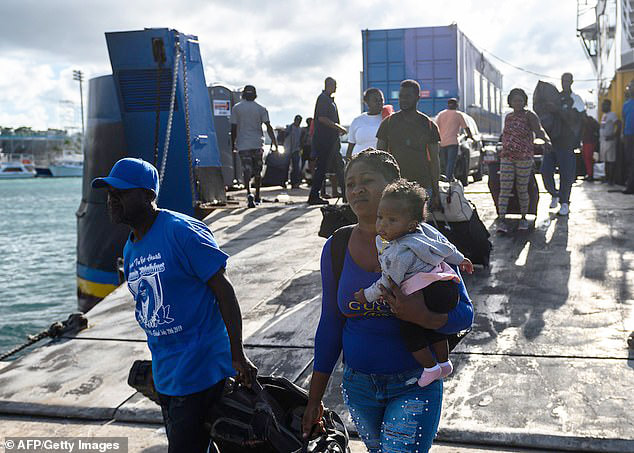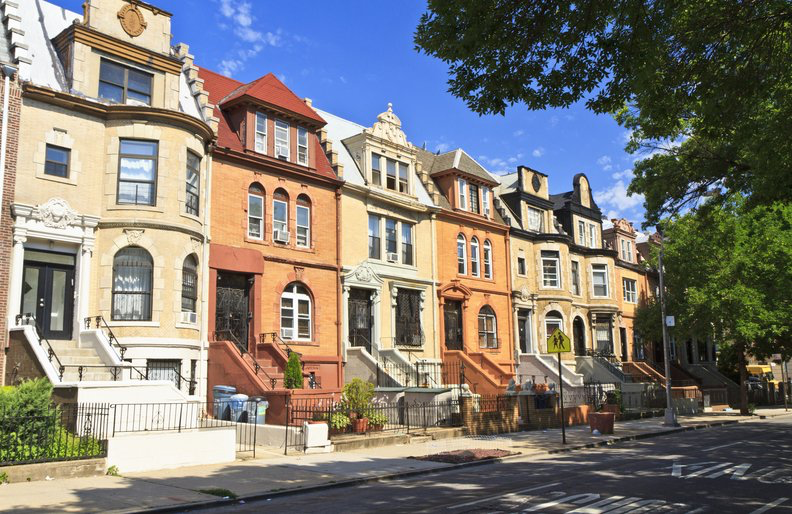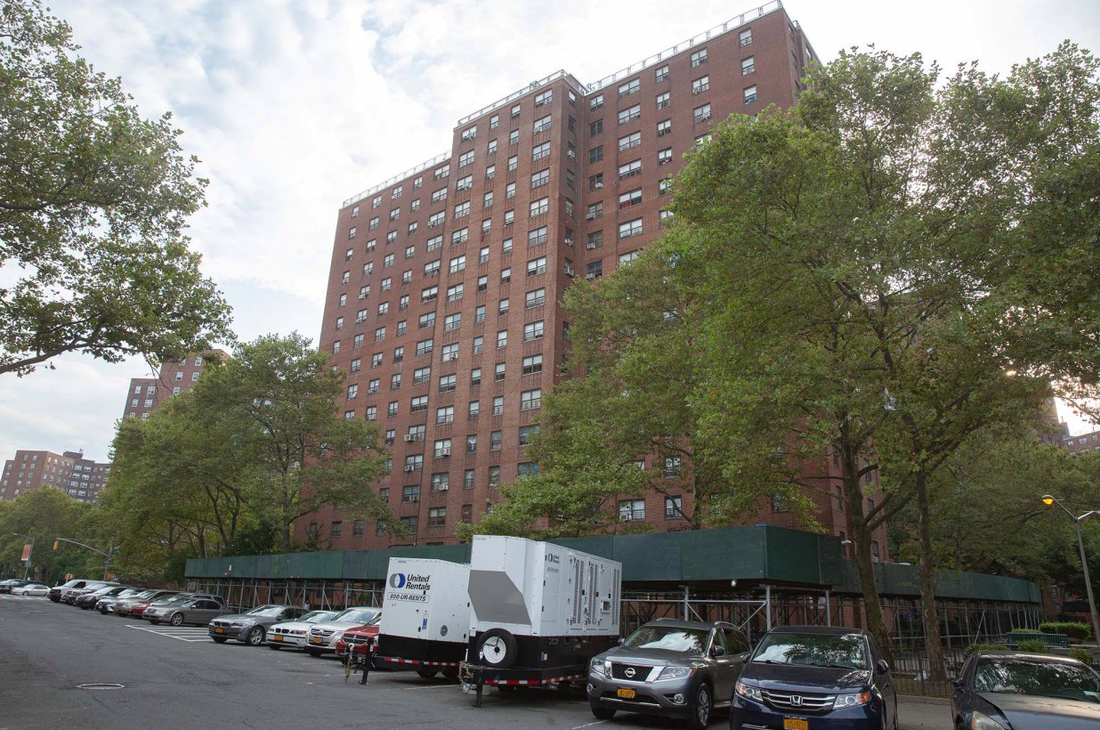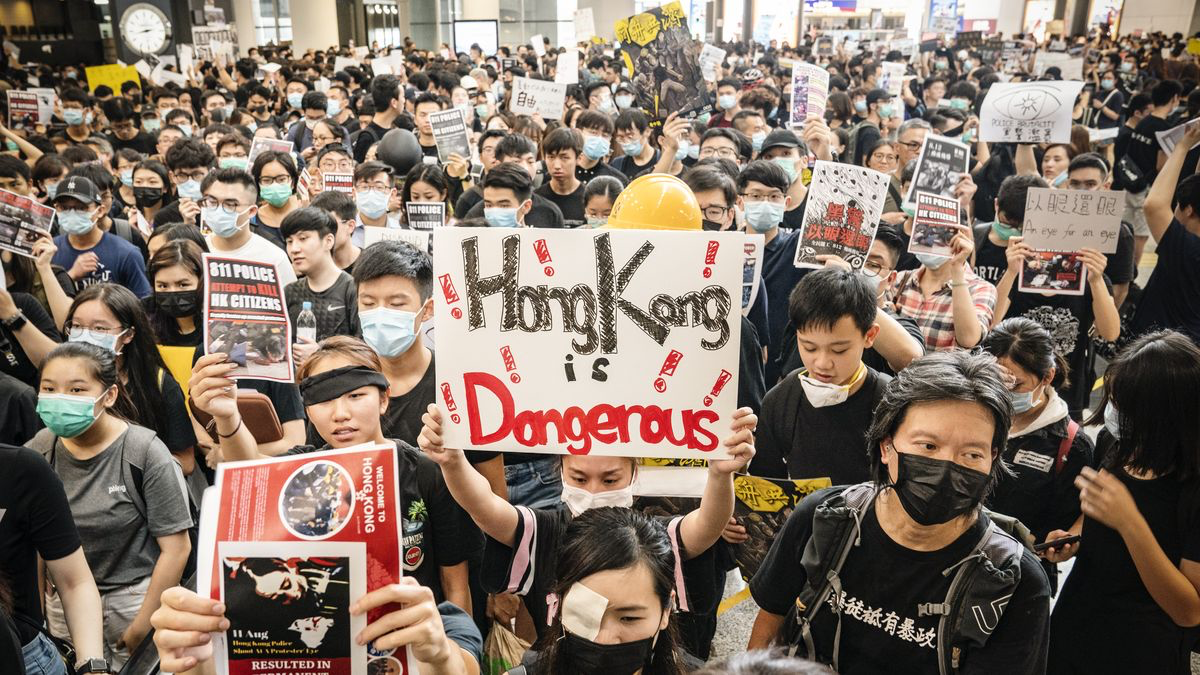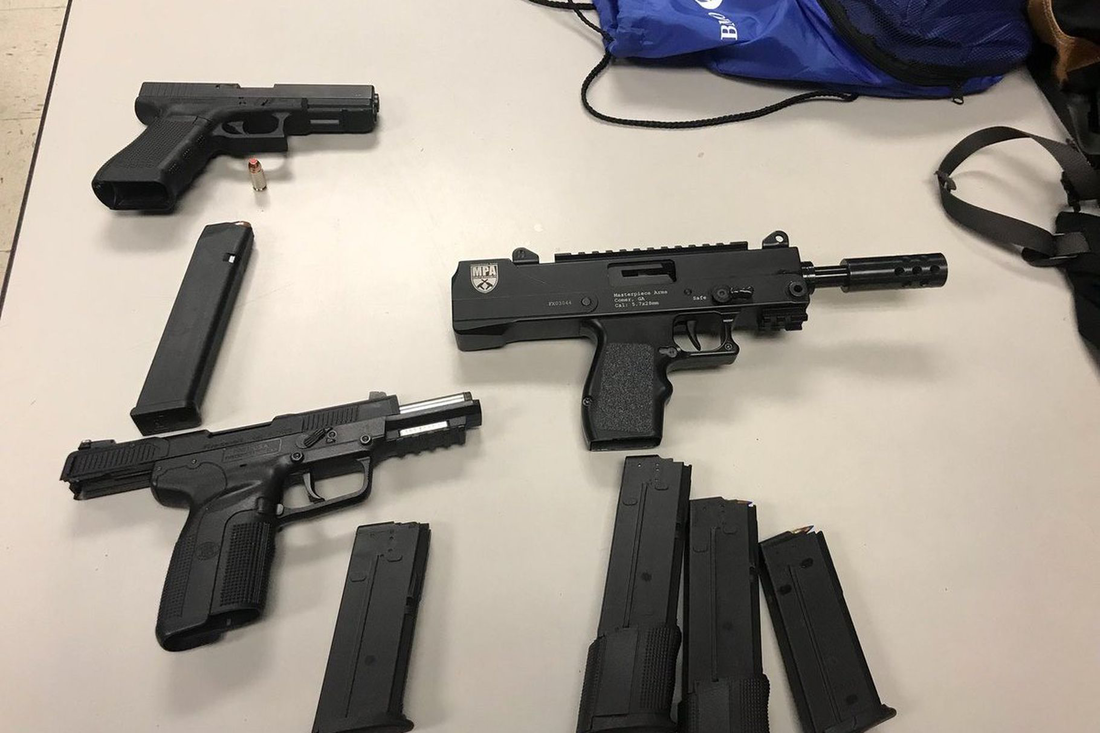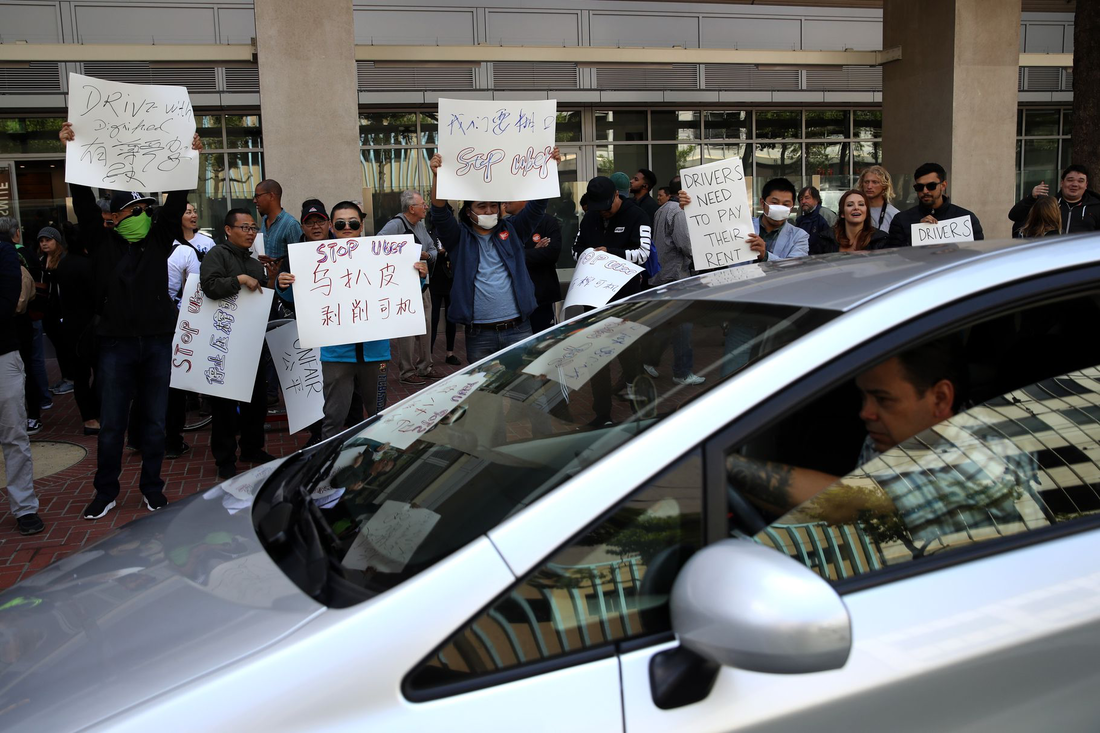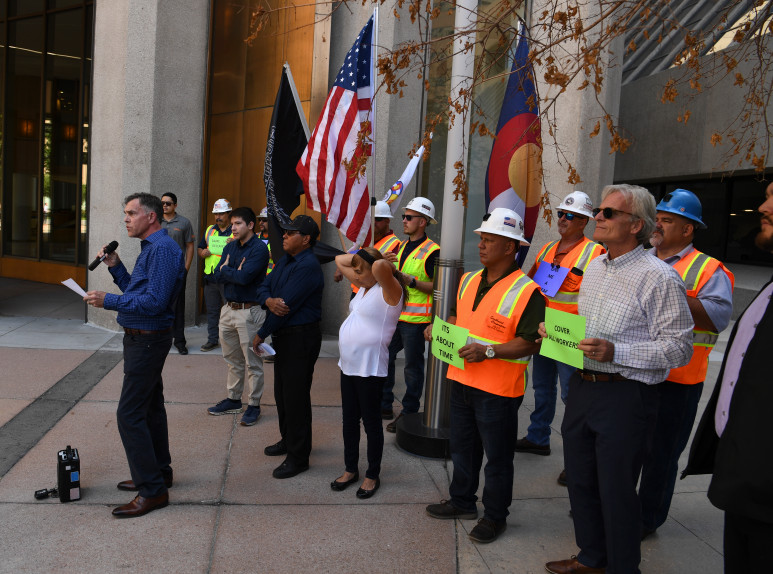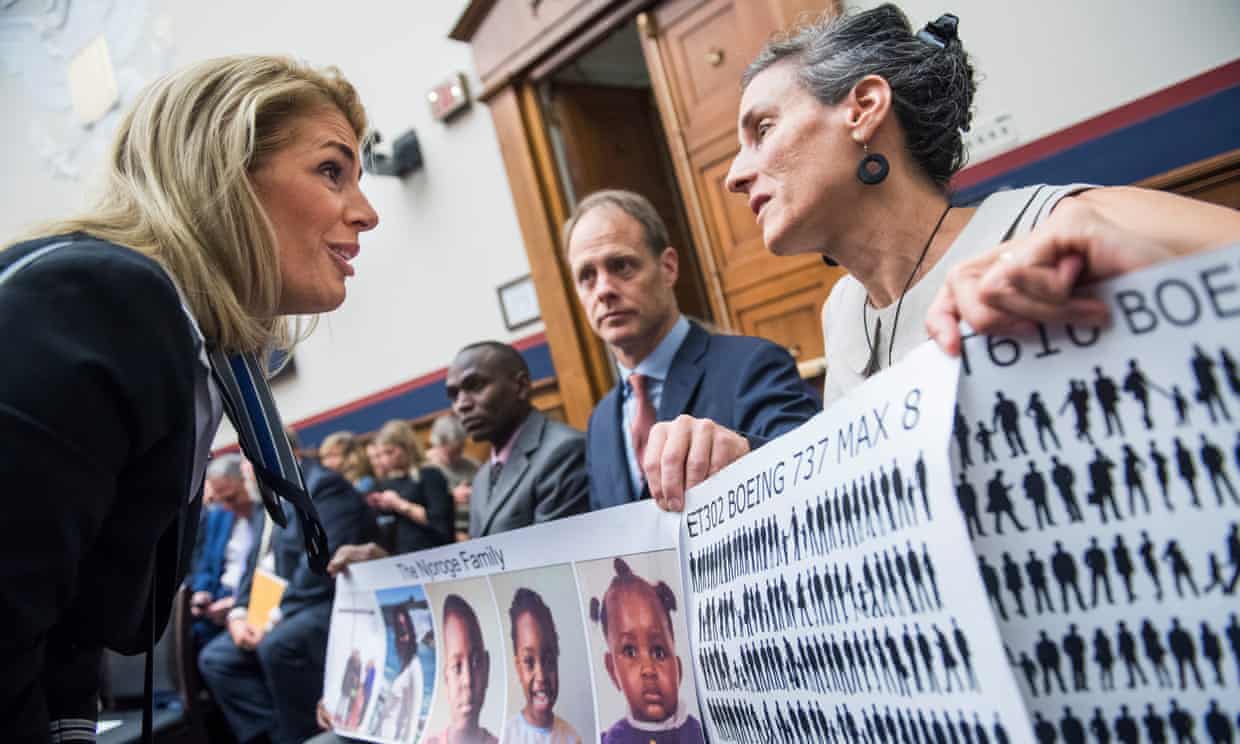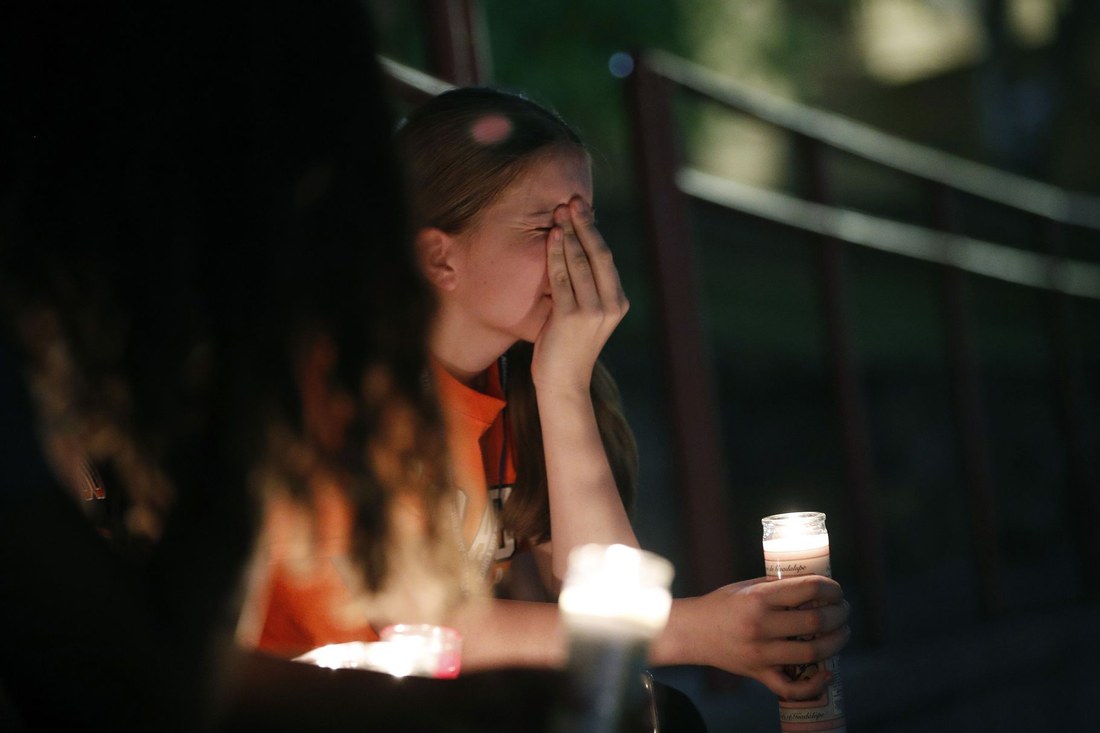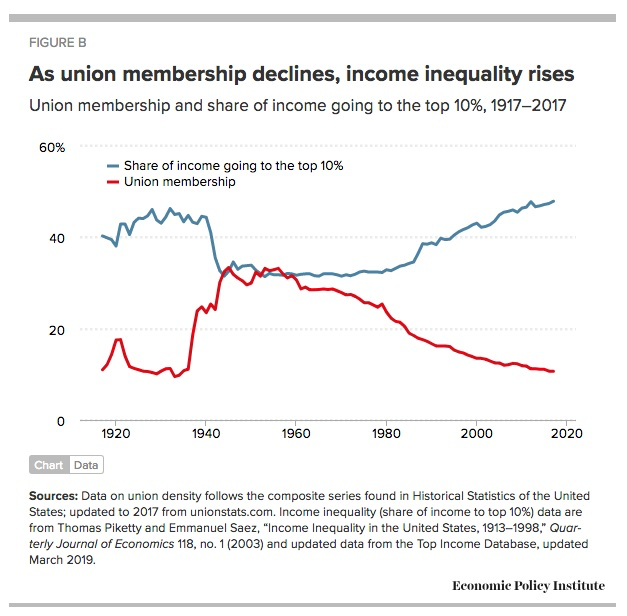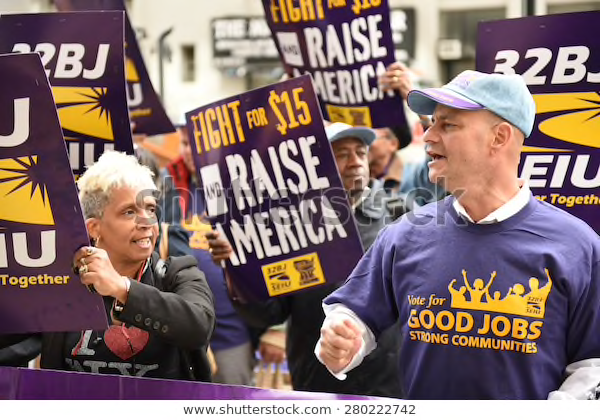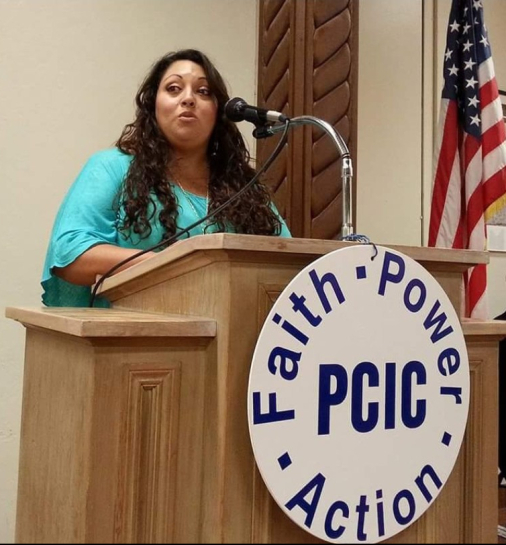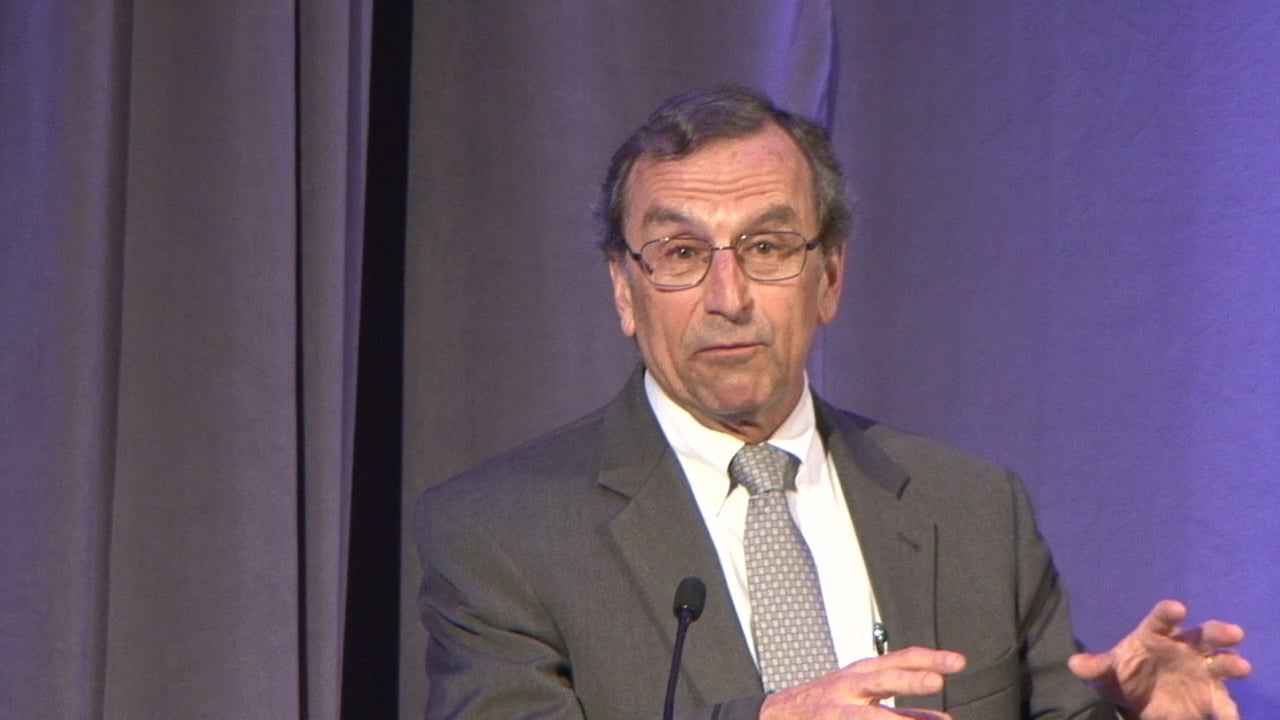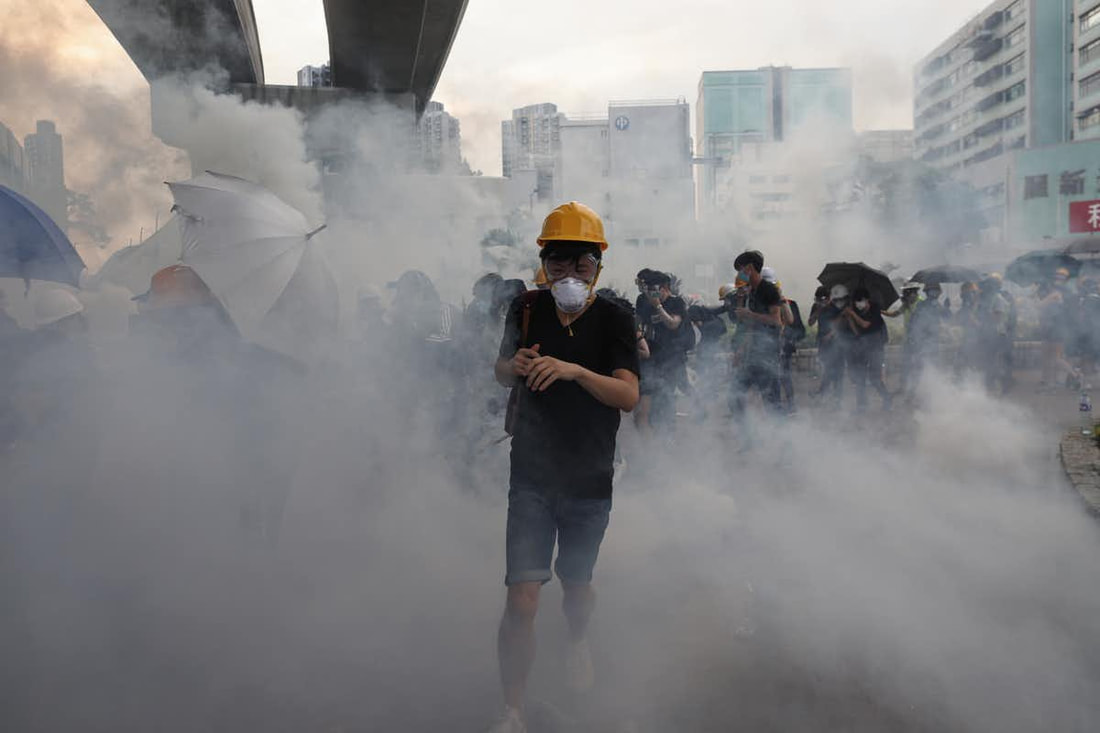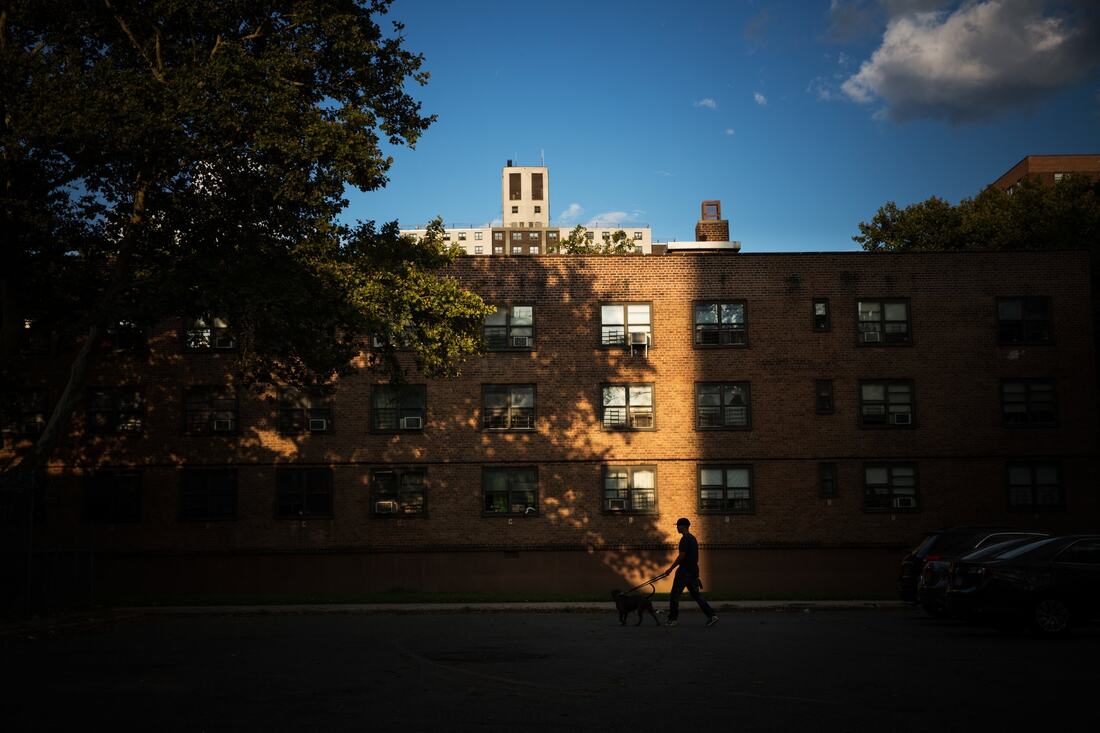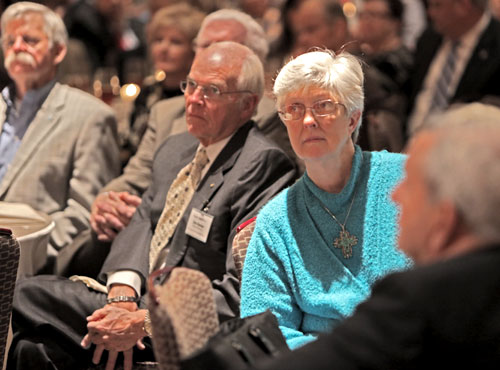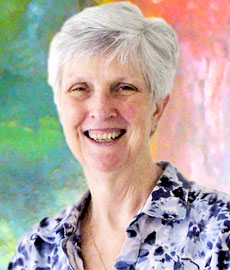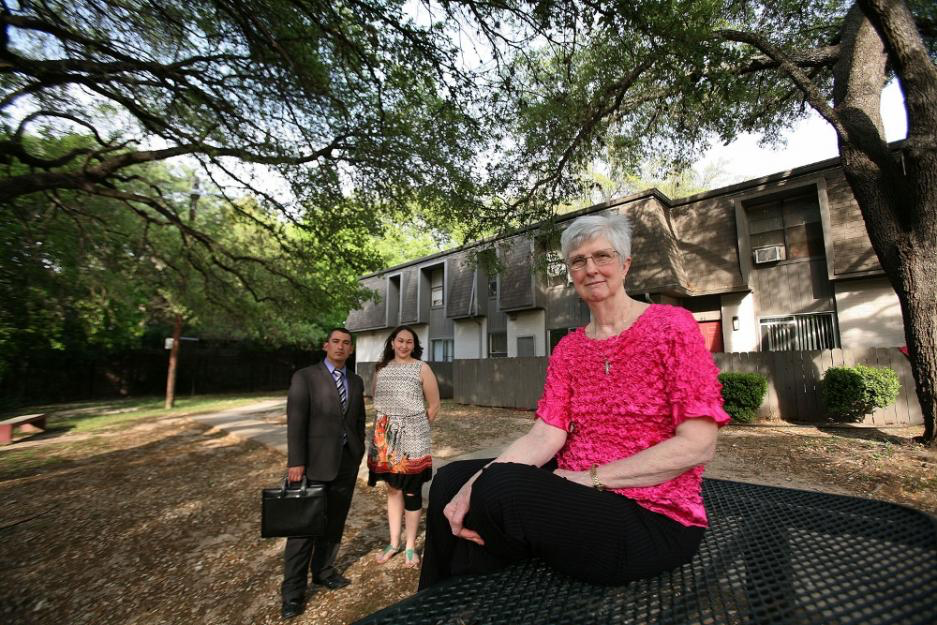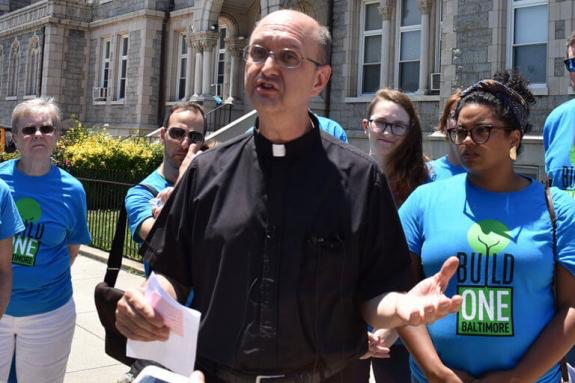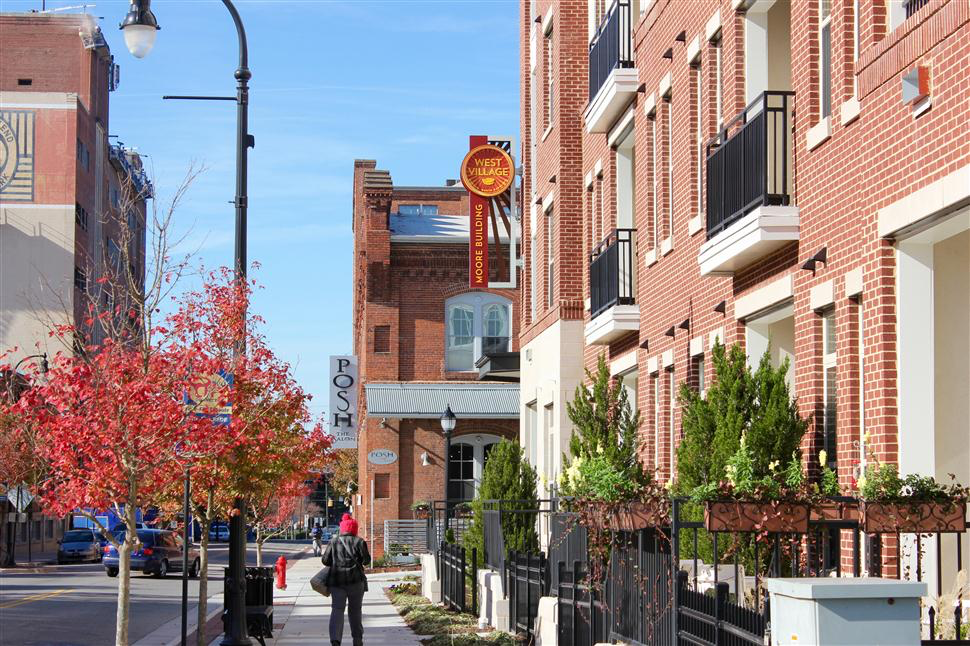|
This April, for the first time ever, renewable energy supplied more power to America’s grid than coal—the clearest sign yet that solar and wind can now go head-to-head with fossil fuels. In two-thirds of the world, they’ve become the cheapest forms of power.
Solar and wind will power half the globe by 2050, based on BloombergNEF forecasts. By that time, coal and nuclear will have all but disappeared in the U.S., forced out by cheaper renewables and natural gas. Story here.
0 Comments
Phoenix, one of the hottest and fastest-warming cities in the US, could be hit by “a [Hurricane] Katrina of extreme heat” with temperatures peaking in the 120s and lingering for two weeks...
Southern California could see a wildfire that burns a total of 1.5 million acres. Smoke from the blazes could carry at least 100 miles west into Los Angeles and 100 miles south to San Diego, leading to hazardous air quality throughout the region and thousands of hospitalizations... Tampa Bay is one of the areas in the US most at risk when hurricanes arrive because of its location, growing population, and the geography of the bay. If a Category 5 hurricane makes a direct hit on the bay, parts of Pinellas County — which is home to St. Petersburg — will temporarily become an island... Full story HERE (Vox)
Hurricanes, floods, superheating (Phoenix, Tucson, Las Vegas), fires, pipelines, risky terminals, fracking, famine, forced migration ... do you really want to sit this this one out?
A Major CBS News poll released as part of Covering Climate Now, a collaboration of more than 250 news outlets around the world to strengthen coverage of the climate story. Similar to previous polls, the CBS research finds sharp ideological differences in attitudes to the climate crisis. While nearly seven in 10 Democratic voters understand that humans significantly influence the climate and 80% want immediate action, just 20% of Republicans think humans are a primary cause and barely a quarter want rapid action. Full story HERE.
Our approach is indirect, but it has proven to be effective. We propose rebuilding every inch of the South and West sides where violent crime is concentrated, where the overwhelming majority of innocent victims are harmed, and where the small minority of violent criminals roam free through more than one third of the city. The city will become less violent when the abandoned buildings and vacant lots, now numbering in the thousands, are occupied by scores of new affordable homes and decent affordable apartments. We intend to take back every square inch of the neighborhoods now dominated by benign neglect and sensational headlines about violent crime. The presence of hard-working homeowners and renters will do what no policing strategy or service program can ever do: It will create a new majority of peace-loving neighbors who will enforce different standards of behavior where chaos has held sway for so long. More on Metro IAF proposal in Crain's Chicago Business here
NYCHA has failed to fix nearly 60,000 mold complaints: Yeah, But metro IAF is fighting back9/12/2019
“NYCHA is finally being honest about how they are falling short on mold,” said the Rev. Getulio Cruz, a top clergy leader with Metro IAF, which represents the groups that sued NYCHA over mold back in 2013. “Unfortunately, the vast majority of tenants have seen no real improvement. NY Post article here
Listen here
About the podcast: Amanda Tattersall was a Lead Organiser with the IAF for 10 years (she helped set up our Australian network) and she now does a podcast traveling the world telling stories of social change. It's called ChangeMakers. She just visited Hong Kong where she interviewed over 25 democracy leaders and campaigners ranging from 15 to 74. This trip was made possible with the help of Samuel Chu - a former leader with One LA and a Hong Konger/American. The ChangeMakers Podcast series on Hong Kong goes deep into the politics of Hong Kong to try and better understand how the current protests have taken on the form that they have. Two episodes are now available.
Hong Kong does not have universal suffrage, and its form of protest has taken shape in that political space. It teaches a lot about strategies the develop in authoritarian regimes. If you are interested in understanding what is going on in Hong Kong at a deeper level, and also just want to listen to some amazing stories of courageous leaders - you’ll enjoy this (and the two additional episodes that will follow over the coming months). Listen here
“She has a chance to help reduce gun-related suicides, accidental shootings and the violence caused by stolen guns.”
OpEd in Chicago Sun Times by Alec Harris, Renee Reilly and Rose Mabwa, leaders of United Power for Action and Justice, Metro IAF
“The Right to a Future” kicks off a week of climate coverage, starting September 15, by Intercept reporters working across our beats. The effort is part of Covering Climate Now, a project co-founded by The Nation and Columbia Journalism Review, in partnership with The Guardian, that “aims to convene and inform a conversation among journalists about how all news outlets can do justice to the defining story of our time.” More here.
Drivers will likely get health care and paid time off under the law.
“This is a victory to savor,” tweeted Nicole Moore, an Uber driver and organizer with Rideshare Drivers United. Read more
In a public hearing on the topic Wednesday in Denver, labor advocates pushed for two key changes. They want all industries covered under state rules, and they want a minimum salary cutoff for when overtime must be paid added.
“Workers need to be paid fairly for the work they do,” argued Marilyn Winokur, a Denver resident, with the Colorado Industrial Areas Foundation. “It is not good for Colorado workers to be overworked and underpaid.” More
Sara Nelson talks to family members of victims of 737 Max crashes before a House subcommittee hearing in Washington DC, on 17 July. Photograph: Tom Williams/CQ-Roll Call, Inc via Getty Images
Earlier this year, staring down the longest government shutdown in US history, Nelson gained national attention when she called for a general strike as a way of pressuring Donald Trump and Congress to act. The idea was radical – and supporters say it set in motion a series of events that brought the weeks-long shutdown to an end.
“People think power is a limited resource,” she said in Atlanta. “But using power builds power.” Nelson has struck a chord with progressives and grassroots activists who have amplified calls for her to run for labor’s top job: president of the nation’s largest federation of unions, the 12.5 million-member AFL-CIO. More
To our thinking, the lesson of Walmart is that substantial gun reform may eventually succeed in Congress, if enough puppets of the gun lobby are run out of office. Ordinary citizens can further the cause by putting pressure on corporate America.
"The shareholders’ resolution was drafted by a group of religious leaders — the Interfaith Center for Corporate Responsibility — and a grassroots advocacy group — the Metro Industrial Areas Foundation." More from CST Editorial.
The large gap between the share of workers who want a union and the share of workers who are in a union underscores that our system of labor laws is not working. Fundamental reform is required to rebuild worker power and guarantee all workers the right to come together and have a voice in their workplace. Efforts are underway, including legislation like the Protecting the Right to Organize Act and the Public Service Freedom to Negotiate Act, and innovative projects focused on the reconstruction of labor law. Until meaningful policy changes are made that take worker power seriously and restore a fair balance of power between workers and employers, our economy will continue to leave behind most of the workers in it. More in TPM
Long-run wage stagnation for lower-wage workers—and rising inequality between high- and middle-wage workers—seems to indicate a modern labor market in which many workers have little bargaining power. In the middle of the 20th century, more than 30 percent of U.S. workers were members of a union: a core institution that provides workers with bargaining power. Today, after a long decline that took place almost entirely within the private sector, just 10.5 percent of workers (and 6.4 percent of private sector workers) are union members. We find that the decline in private sector union membership has been driven by falling union density both within industries and within states, with a smaller role for shifting industry composition. The decline in union membership is economically important: unions lift wages, reduce inequality, and shape how work is organized, among other effects. We examine options for reinforcing enterprise-level unions as well as other models for collective bargaining and enhanced worker voice. More from the Hamilton Project here.
I just read a long piece by Nelson Schwartz about Project Quest -- our job training program in the southwest and Midwest.
It's very positive toward the program overall. But there's a huge hole in this story -- papered over by a vague line or two about 'community groups' in an impoverished area of San Antonio that started the effort 27 years ago. That 'community group' had a name -- Communities Organized For Public Service (COPS), one of our earliest affiliates. The key person who spearheaded the organizing, designing, implementation, and expansion of Project Quest also has a name -- Sr. Pearl Cesar.
Avigail Rodriguez, a former Project Quest student, works in the emergency room at Metropolitan Methodist Hospital in San Antonio as a registered nurse. The training helped her nearly triple her wage.
Credit: Joanna Kulesza for The New York Times New Mexico’s economic and energy extraction quagmire ‘We’re on a death train, economically.’8/2/2019
An important story on extraction industry devastation by Jonathan Thompson. This article was originally published on The River of Lost Souls and is reproduced here (High Country News) with permission.
The past few weeks has seen a drastic escalation in violence on the streets of Hong Kong. On Tuesday night, a police officer aimed a shotgun at protesters who had gathered outside a police station, while a car launched fireworks into the crowd.
Days earlier, the police fired rubber bullets and tear gas at protesters trying to reach the Chinese government’s office. And the week before, following a protest of 430,000 people, vigilante thugs, dressed in white and carrying bamboo sticks, beat up democracy protesters at a train station. The rest here: A smart piece by former IAF organizer Amanda Tattersall on Hong Kong protests.
New York’s Public Housing Isn’t Getting Better
Reports from a federal monitor and residents suggest the city needs a new approach to fixing a crisis for hundreds of thousands of residents. NY Times Editorial with key quote by Metro IAF leader Bernard Smith here. ------------------------------------------------- More from metro iaf:
Mon Jul 29, 2019 -DICO
After word spread that Sister Christine Stephens had passed away, I tried explaining who she was to a friend who had never met her. Words tumbled out - “formidable, smart, compassionate, thoughtful, a towering figure, someone who had to be reckoned with by friend and foe, impossible to ignore, zeroed in on what mattered".
“She was all that,” I said, “and more.” “She relished a fight, and even picked some, but never with the intent of humiliating an adversary much less punching down to weakness.” IAF Organizer Broderick Bagert on Sr. Christine: We got word yesterday that Sister Christine Stephens has died from complications from a head injury. She was a colleague, a mentor, a sparring partner and -- though the official record may never reflect it -- one of the greatest organizers in the history of the tradition. "They live on in others" often seem like mere comfort words, among the arsenal of phrases we keep around to employ at times of loss. Today, those words seem like an empirical description of reality. In my work and training, I cannot go 5 minutes without hearing, as the originating voice of my own voice in that moment, the lilting drawl of Sister Christine -- as full of life there as it was a week ago. But how I will miss that voice. --------------------------------- Sisters of Divine Providence in Sister Christine Stephens from March 22, 2016 - "Training and Developing Leaders"
“We defend the right of the nation to make sure its borders are secure, but we also defend the right of people to be treated honestly, justly, and fairly as children of God.” NPR interview with Father Bruce Lewandowski in Patheos here.
Housing advocates like Durham CAN (Congregations, Associations and Neighborhoods) have pushed city and county leaders for years to use downtown land for affordable housing.
About seven months ago, commissioners voted to make affordable housing part of the East Main Street properties’ redevelopment plan. Then came retail. Read more here: https://www.newsobserver.com/news/local/article232438554.html#storylink=cpy |


